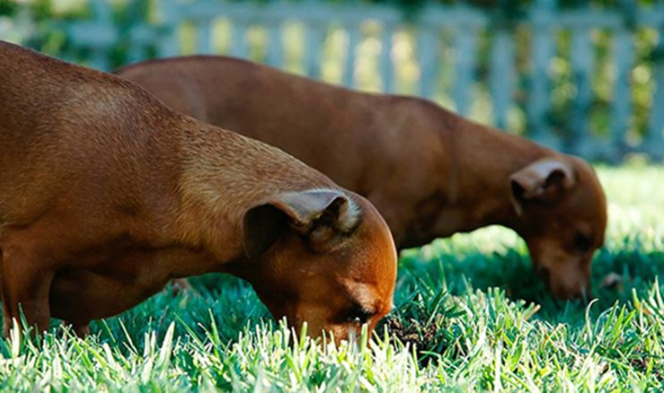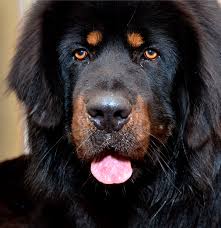
Why do dogs eat poop? This puzzling and often disgusting behavior, known as coprophagia, is surprisingly common among our canine companions. Many dog owners are left scratching their heads, wondering why their beloved pet would engage in such a habit. Understanding can help address and prevent this issue effectively.
Reasons Why Dogs Eat Poop

1. Natural Instincts
In the wild, dogs’ ancestors had to scavenge for food to survive, which sometimes included eating feces. This instinct can still be present in domestic dogs, making them more likely to eat poop when they encounter it.
2. Nutritional Deficiencies
Another explanation for why dogs eat poop is related to nutritional deficiencies. If a dog’s diet lacks essential nutrients, they might instinctively try to compensate by consuming feces, which can contain undigested nutrients that their body craves.
3. Behavioral Factors
Behavioral issues are also a significant factor in why dogs eat poop. Dogs that experience boredom, stress, or anxiety may turn to coprophagia as a coping mechanism. A lack of physical and mental stimulation can lead dogs to find alternative ways to entertain themselves, including eating poop.
4. Attention Seeking
Sometimes, dogs learn that eating poop gets a reaction from their owners, even if it is negative. This attention-seeking behavior can reinforce the habit, as the dog may perceive any attention as a reward. This is another reason why dogs eat poop despite their owners’ disapproval.
5. Medical Conditions
Certain medical conditions can also explain why dogs eat poop. Diseases such as diabetes, thyroid disease, or gastrointestinal parasites can increase a dog’s appetite or alter their eating habits. If your dog suddenly starts eating poop, it’s essential to consult a veterinarian to rule out any underlying health issues.
Prevention and Management
1. Provide a Balanced Diet
Ensuring your dog has a well-balanced, nutritious diet can help prevent nutritional deficiencies that may lead to coprophagia. Consult your veterinarian to determine the best diet for your dog’s specific needs.
2. Maintain a Clean Environment
Regularly clean your yard and remove feces promptly to reduce your dog’s access to it. During walks, keep your dog on a leash to prevent them from eating feces from other animals.

3. Increase Exercise and Mental Stimulation
Providing adequate physical exercise and mental stimulation can reduce boredom and anxiety, which are common causes of coprophagia. Engage your dog with toys, training sessions, and interactive games.
4. Positive Reinforcement Training
Using positive reinforcement to train your dog to ignore feces can be effective. Rewarding your dog for leaving feces alone and responding to commands like “leave it” or “come” can help deter the behavior. This training approach addresses why dogs eat poop by promoting better habits.

5. Consult a Veterinarian
If you suspect that medical issues are behind your dog’s behavior, consult a veterinarian. They can rule out health problems and provide guidance on dietary adjustments or supplements if needed. Veterinary advice is crucial in understanding why dogs eat poop.
6. Use Deterrents
Some products are available that can make feces taste unpleasant to dogs. These can be added to your dog’s food or applied directly to feces to discourage consumption.
Read more about your dogs health https://kucch.co/2024/06/07/dogs-health/
